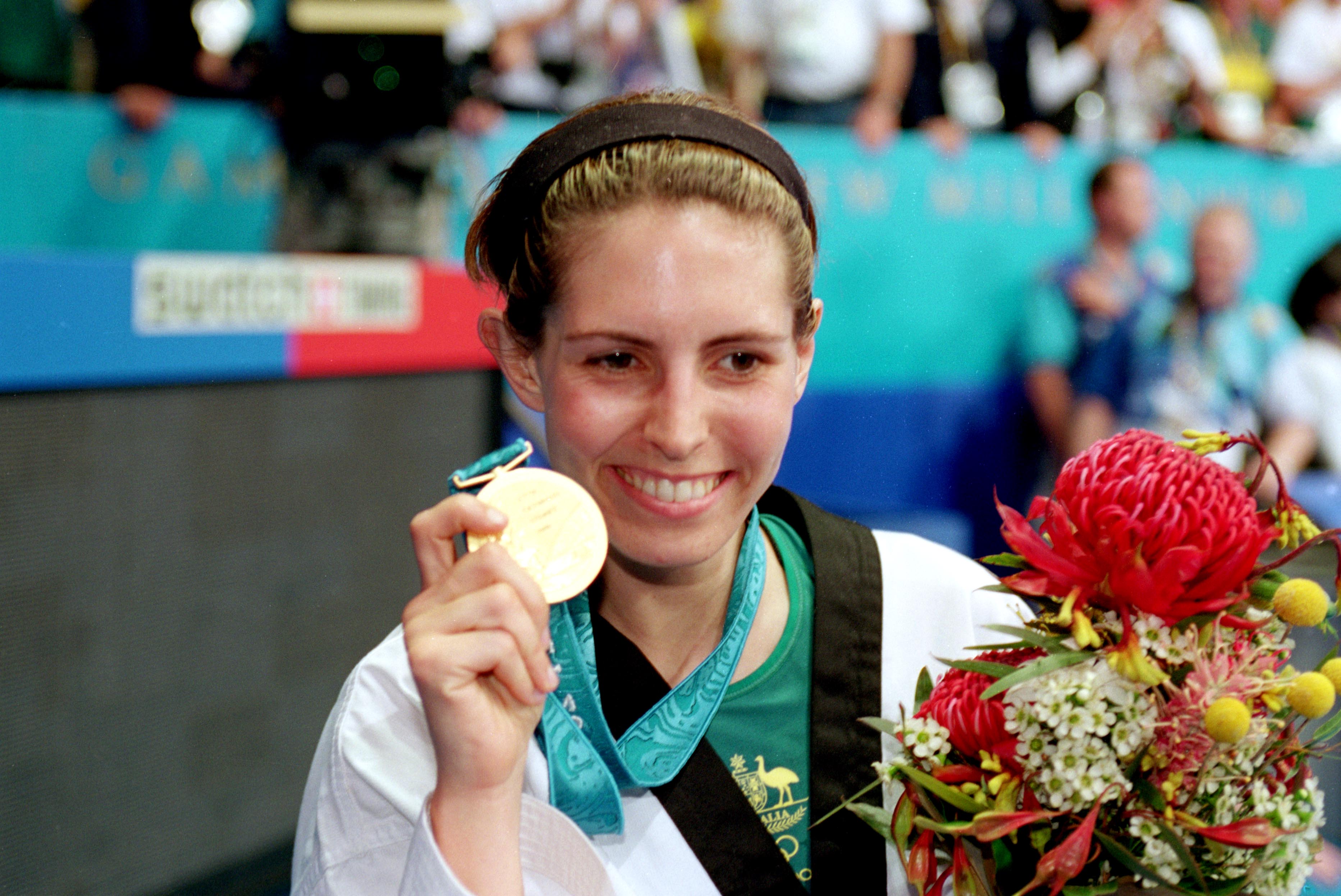
Australia and Olympic Taekwondo
Taekwondo may have origins stemming back over 2000 years, but it was only at Sydney 2000 that it became an Olympic sport. Australian under-49 kilogram class competitor Lauren Burns had the honour of claiming the first Australian gold medal in taekwondo.
Burns defeated opponents from Chinese Taipei and Denmark to reach the final against Cuba’s Urbia Melendez Rodriguez, which she won 4-2.
In 2000, Australia’s Daniel Trenton also won silver in the heavyweight class and at Athens 2004, Trenton and Carlo Massimino both reached the quarterfinals.
Partners Safwan Khalil and Carmen Marton represented Australia admirably at the London 2012 Games as they both finished in the top five, agonisingly close to a medal.
Seeded eighth in the 58kg division, Khalil lost to the eventual gold medallist in the semifinals before losing to Russia’s Alexey Denisenko in the fight for bronze.
Fighting in the 67kg division, Marton lost her semifinal against Turkey’s Nur Tatar before missing out on bronze after going down to Helena Fromm of Germany.
The duo returned to Olympic competition at the Rio 2016 Games where they lined up alongside Marton's sister Caroline and Khalil's traning partner Hayder Shkara.
Khalil progressed through to the quarter-finals where he entered the final round level with Thailand's Tawin Hanprab before losing the fight 11-9. He was given another chance in the repechage but was defeated by number two ranked Kim Tae-Hun of South Korea. The Marton sisters and Shkara all lost their opening round fights.
Shkara went on to get a second chance in the repechage where he went down to dual Olympic medallist Steven Lopez of the USA.
Australia qualified a four-person Taekwondo Team for Tokyo 2020, with Stacey Hymer (-57kg), Reba Stewart (+67kg), Safwan Khalil (-58kg) and Jack Marton (-80kg) competing. Safwan Khalil became the first Australian male to compete at three Games. Unfortunately, all four did not progress past the first round.
Olympic History
Taekwondo was a demonstration sport at Seoul 1988 and Barcelona 1992.
The sport achieved full Olympic status, together with triathlon at Sydney 2000. Taekwondo literally means “the way of hand and foot” or, more specifically, “the way of kicking and punching."
Sport Format
Competitors wear different coloured ‘dobok’ or uniforms – chung (blue) and hong (red) – and combat each other using punching and kicking techniques. While kicks to the body and face are permitted, only punches to the body are allowed. Vulnerable parts of the body are covered by protective equipment.
Taekwondo matches consist of three rounds, each of two minutes, with a one-minute recess between rounds. One referee and three judges manage the contest. Each scoring technique earns one point; the final score is the sum of all points won in the three rounds, after any penalties are deducted. Points and penalties are made public by electronic scoreboards.
As part of its ceaseless efforts to ensure fairer judging and refereeing, the World Taekwondo Federation will adopt an electronic protector system in the taekwondo competition at the 2012 London Olympic Games.
To progress into finals, competitors move through a single elimination tournament with a double repechage for the bronze medal contest. For an athlete to make it to the gold medal match, he or she must have progressed through the preliminary rounds undefeated; whereas the bronze medal match will be between two players who have each lost one contest.
Sport Snapshot
Featured Athletes
Want to have a go at Taekwondo, or find the nearest club to you?

